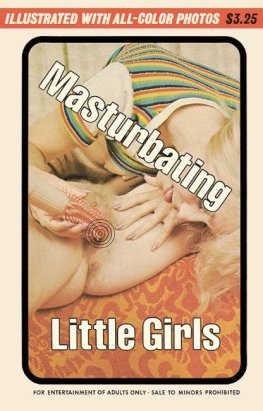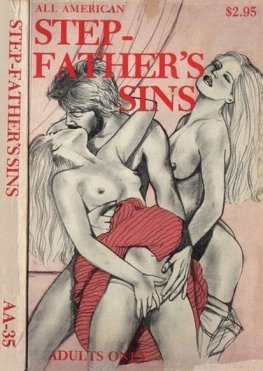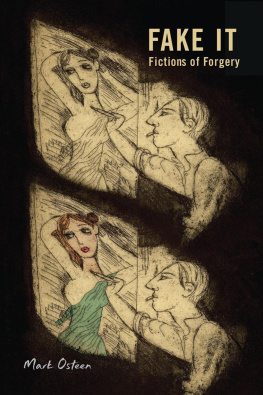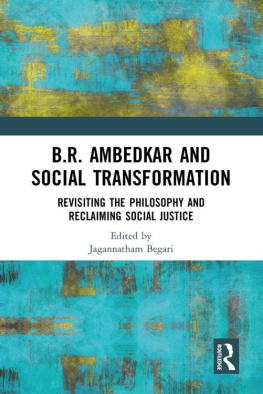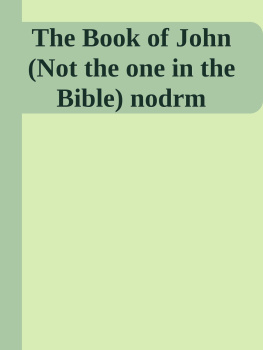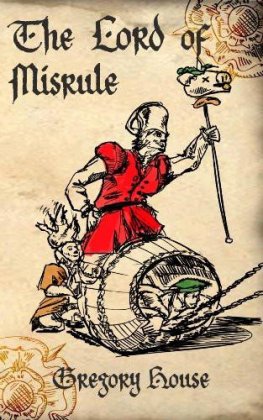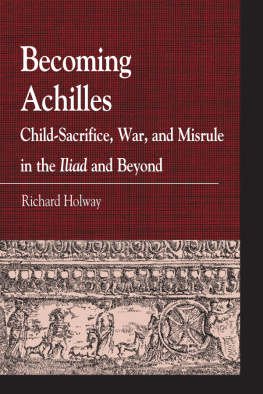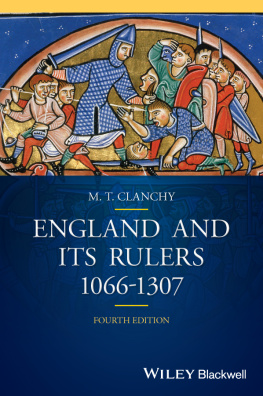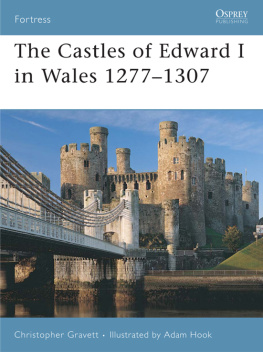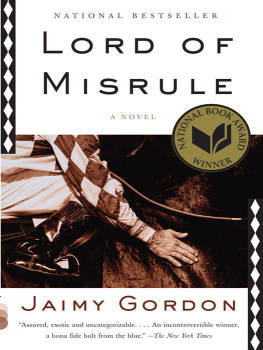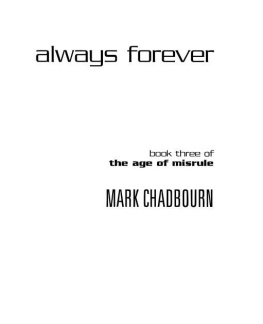.
BELL'S ENGLISH HISTORY SOURCE BOOKS
General Editors: S.E. Winbolt, M.A., and Kenneth Bell, M.A.
WAR AND MISRULE
(1307-1399)
SELECTED BY
A. AUDREY LOCKE
OXFORD HONOURS SCHOOL OF MODERN HISTORY
LONDON
G. BELL AND SONS, LTD.
1920
INTRODUCTION
This series of English History Source Books is intended for use with any ordinary textbook of English History. Experience has conclusively shown that such apparatus is a valuablenay, an indispensableadjunct to the history lesson. It is capable of two main uses: either by way of lively illustration at the close of a lesson, or by way of inference-drawing, before the textbook is read, at the beginning of the lesson. The kind of problems and exercises that may be based on the documents are legion, and are admirably illustrated in a History of England for Schools, Part I., by Keatinge and Frazer, pp. 377-381. However, we have no wish to prescribe for the teacher the manner in which he shall exercise his craft, but simply to provide him and his pupils with materials hitherto not readily accessible for school purposes. The very moderate price of the books in this series should bring them within the reach of every secondary school. Source books enable the pupil to take a more active part than hitherto in the history lesson. Here is the apparatus, the raw material: its use we leave to teacher and taught.
Our belief is that the books may profitably be used by all grades of historical students between the standards of fourth-form boys in secondary schools and undergraduates at Universities. What differentiates students at one extreme from those at the other is not so much the kind of subject-matter dealt with, as the amount they can read into or extract from it.
In regard to choice of subject-matter, while trying to satisfy the natural demand for certain "stock" documents of vital importance, we hope to introduce much fresh and novel matter. It is our intention that the majority of the extracts should be lively in stylethat is, personal, or descriptive, or rhetorical, or even strongly partisanand should not so much profess to give the truth as supply data for inference. We aim at the greatest possible variety, and lay under contribution letters, biographies, ballads and poems, diaries, debates, and newspaper accounts. Economics, London, municipal, and social life generally, and local history, are represented in these pages.
The order of the extracts is strictly chronological, each being numbered, titled, and dated, and its authority given. The text is modernised, where necessary, to the extent of leaving no difficulties in reading.
We shall be most grateful to teachers and students who may send us suggestions for improvement.
S.E. WINBOLT.
KENNETH BELL.
NOTE TO THIS VOLUME
I have to thank Sir E. Maunde Thompson and the Council of the Royal Society of Literature for permission to quote from Sir E. Maunde Thompson's translation of Adam of Usk's Chronicle. The sources used in this book are for the most part contemporary.
A.A.L.
TABLE OF CONTENTS
DATE
1310.
1311.
1312.
1313.
1313.
1314.
1314.
1319.
1322.
1322.
1327.
1327.
1327.
1327.
1328.
1330.
1332.
1334.
1339.
1340.
1340.
1340.
1340-1341.
1340-1341.
1341.
1346.
1346.
1346.
1347.
1349.
1350.
1350.
1350.
1355.
1355-1356.
1356.
1359.
1360.
1361.
1362.
1363.
1367.
1376.
1376.
1376-1377.
1377.
1377.
1377.
1377.
1377.
1381.
1381.
1382.
1382.
1384.
1385.
1385.
1385.
1386.
1386.
1386.
1387.
1387.
1388.
1394.
1397.
1397.
1397.
1399.
1399.
1399.
1399.
1399.
1399.
WAR AND MISRULE
(1307-1399)
BILL OF ARTICLES PRESENTED TO EDWARD II
BY THE BARONS IN THE PARLIAMENT OF 1310.
Source.Annales Londonienses in Chronicles of the Reigns of Edward I. and Edward II. (Rolls Series), ed. Stubbs, i. 169.
To our lord the King showing the great perils and damages which from day to day will appear, unless there is some hasty redress, both destruction of the freedom of holy Church and the disinheritance and dishonour of yourself and your royal power, and the disinheritance of your crown and the damage of all the people of your kingdom both rich and poor: from which perils neither you nor the good men of your kingdom may escape unless some immediate remedy be ordained by the advice of the prelates, earls and barons and the most wise of your realm:
To begin with, while you are ruler of this land and sworn to maintain peace in your land, you are led by unworthy and bad council and are held in great slander in all lands; and so poor are you and so devoid of all manner of treasure that you have nothing wherewith either to defend your land or keep up your household, except by extortions, which your officers make from the goods of holy Church and your poor people, without paying anything, against the form of the great charter; which charter they pray may be held and maintained in all its force.
Further, Sire, whereas our lord the King your father, whom God assoil, left you all your lands entire, England, Ireland and all Scotland, in good peace, you have lost Scotland and grievously dismembered your crown in England and Ireland etc. without the assent of your baronage and without pretext.
Again, Sire, showing you that whereas the commonalty of your realm give you the 20th penny from their goods in aid of your Scotch war and the 24th penny, in order to be freed of prises and other grievances; the which pennies are all levied and foolishly spent and wasted by unworthy counsel, and your wars do not advance, nor are your poor people freed from prises and other grievances, but they are more oppressed from day to day, than before. For which cause, Sire, your said good people pray you humbly, for the salvation of yourself and of them and of the crown, which they are bound to maintain, by virtue of their allegiance, that you will consent to this, that these and other perils may be wiped out and redressed by ordinances of your baronage.
[This bill was followed by the appointment of the Lords Ordainers.]
THE SUCCESSES OF KING ROBERT BRUCE (1311).
Source.The Book of Pluscarden in Historians of Scotland, x. 182.
In the year 1311, after having routed and vanquished all his foes everywhere he went, and, for the most part, taken and levelled to the ground the castles and forts which offered him resistance, King Robert Bruce twice invaded and ravaged England, making great havoc with fire and sword, and bringing untold plunder back to Scotland. And thus, by the power of God, that faithless English nation, which had again and again unjustly tortured many a man, was now by God's righteous judgment made to undergo scourgings; and whereas it had once been victorious over other kingdoms, it now sank vanquished and groaning and became a gazing stock to others. The following year, in 1312, the then very strong walled town of Perth was taken, and all in it were put to the sword, some drawn, some beheaded, some slain in the fight, and the rest hanged on the gallows. But the King was moved to compassion for the guiltless rabble, and forgave them and received their submission. And thus:
"Did England drink the gall itself had brewed."
And the same year Edward, called of Windsor, the eldest son of the King of England, was born at Windsor, of the daughter of Philip, King of France; and he was the source of many wars. Through this Edward, that most cruel and most heinous war with France broke out.



